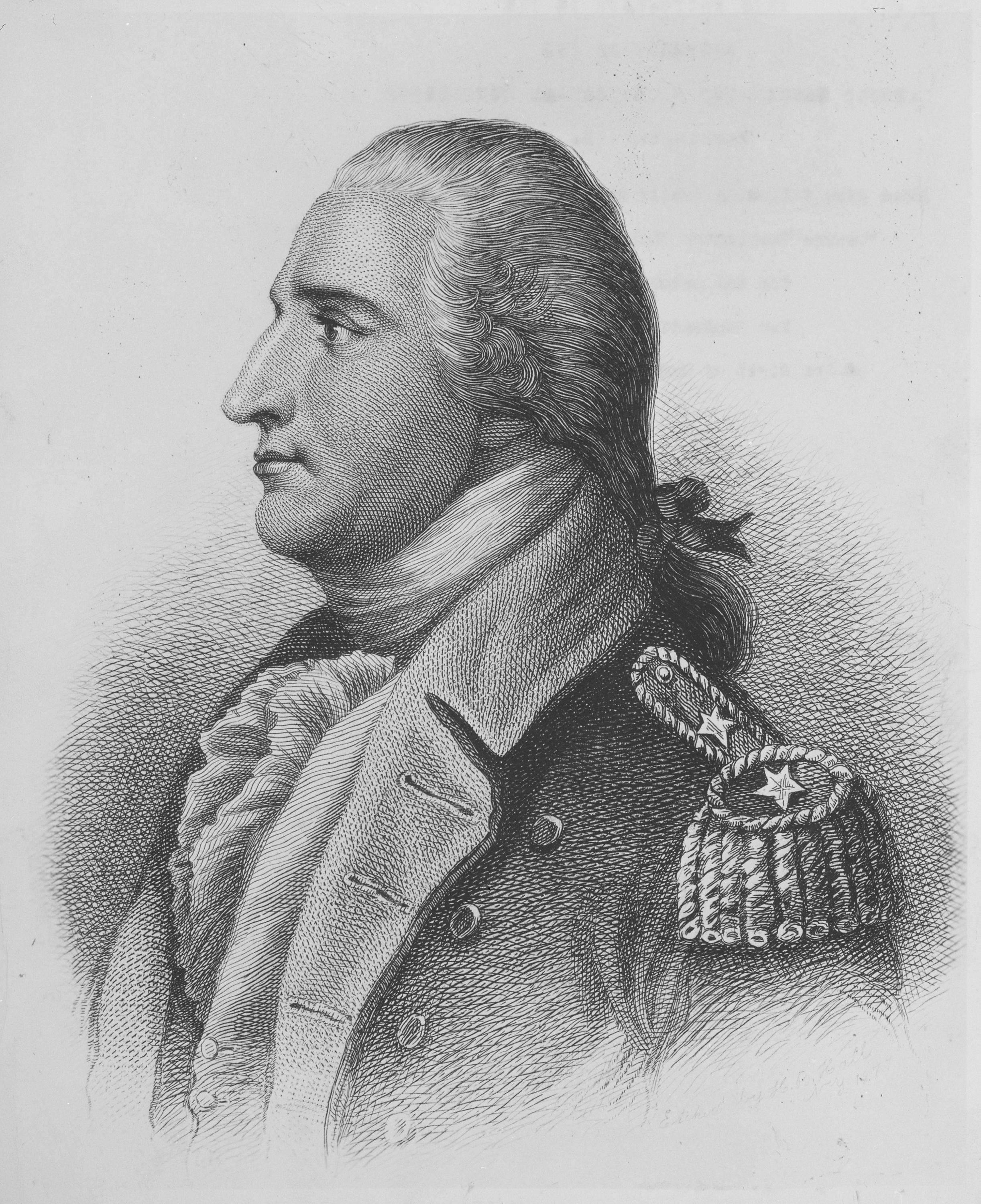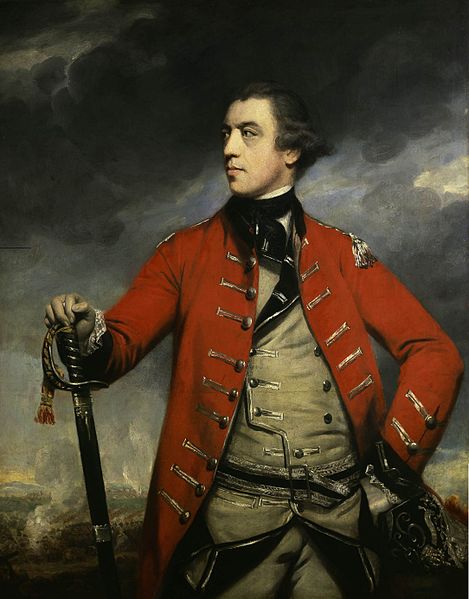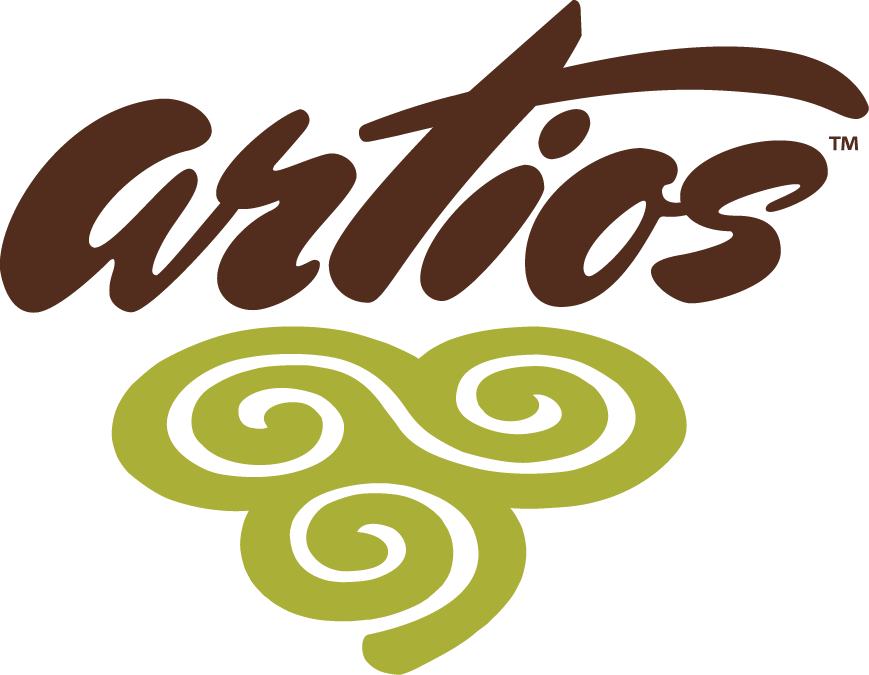[precontent]
[one_third]
Unit 17: The War for Independence
[/one_third]
[two_third_last]

[/two_third_last]
[/precontent]
[three_fourth]
[box]
[box_header]
Unit 17 [flag bg_color=”#d6e3bc” text_color=”#9d241a”]Middle School[/flag]
[/box_header]
[box_content]
Unit Overview
- Subjects Covered
- Grammar, Literature, Composition, History
- Time Period
- Reformation and Revolutions
- Grade Level
- Middle School: 6 – 8
- Civilization
- English and American
- Literature
- Autobiography of Benjamin Franklin – by Benjamin Franklin
[/box_content]
[box_content]
 Unit Description
Unit Description
Once begun, the War for Independence had many key players on both sides that affected the outcome of the war for their respective sides, either positively or negatively. General Burgoyne, George Washington, and Benedict Arnold provide three very poignant examples of the power of the individual to make a difference for good or bad.
[/box_content]
[box_content]
Leading Ideas and Biblical Principles
[list type=”arrow”]
- History is HIS Story – God’s story of love, mercy, and redemption through Christ.
- He made known to us the mystery of his will according to his good pleasure, which he purposed in Christ, to be put into effect when the times reach their fulfillment—to bring unity to all things in heaven and on earth under Christ. — Ephesians 1:9-10
- God’s providential hand governs and times all events and provides for His Creation according to His plan and purposes.
- The God who made the world and everything in it is the Lord of heaven and earth and does not live in temples built by human hands. And he is not served by human hands, as if he needed anything. Rather, he himself gives everyone life and breath and everything else. From one man he made all the nations, that they should inhabit the whole earth; and he marked out their appointed times in history and the boundaries of their lands. God did this so that they would seek him and perhaps reach out for him and find him, though he is not far from any one of us.- Acts 17: 24 – 27
- Godly leadership and servanthood are necessary for one to be a true reforming influence.
- Whoever wants to become great among you must be your servant, and whoever wants to be first must be your slave—just as the Son of Man did not come to be served, but to serve, and to give his life as a ransom for many..- Matthew 20:26 – 28
- God raises up and removes leaders.
- He changes times and seasons; he deposes kings and raises up others. He gives wisdom to the wise and knowledge to the discerning..- Daniel 2:21
[/list]
[/box_content]
[/box]
[box]
[box_header]
Unit 17 Resources: [flag bg_color=”#d6e3bc” text_color=”#9d241a”]Middle School[/flag]
[/box_header]
[box_content]
[button id=”1″ link=”https://www.artioshcs.com/wp-content/uploads/2013/09/Early-Mod-Unit-17-MS-The-War-for-Independence-PRINT-26-WWW.pdf” linking=”new-window” size=”medium” type=”simple” title=”unit”]Download Unit[/button]
[button id=”1″ class=”1″ link=”http://upload.wikimedia.org/wikipedia/commons/thumb/3/38/Viajes_de_colon_en.svg/800px-Viajes_de_colon_en.svg.png” linking=”new-window” size=”medium” type=”simple” title=”maps”]Download Maps[/button]
[button id=”1″ link=”http://www.phschool.com/atschool/ahon/history_interactive/mvl-1021/common_player.html” linking=”new-window” size=”medium” type=”simple” title=”maps”]Interactive Map[/button]
[tabs type=”simple” position=”top-left”]
[tab_title]Lesson 1: History[/tab_title]
[tab_content]
Lesson One Assignments:
- Review the discussion questions and vocabulary, then read the article: The Burgoyne Campaign, pages 8 – 18.
- Narrate about today’s reading using the appropriate notebook page. Be sure to answer the discussion questions and include key people, events, and dates within the narration.
- Define the vocabulary words in the context of the reading and put the word and its definition in the vocabulary section of your history notebook.
- Be sure to visit www.ArtiosHCS.com for additional resources.
Lesson One Discussion Questions:
- How did the British intend to separate the colonies?
- What were the results of their efforts?
- Who made up the army led by Burgoyne?
- Describe General Burgoyne.
- How did General Schuyler and his army delay Burgoyne and his forces?
- How did the northern colonists react to the attacks by the Native Americans?
- Who was Jane McCrea, and what was her fate?
- What is said to be the significance of August 6, 1777?
- Describe John Stark.
- Describe how John Stark defeated the British.
- Describe the significance of Benedict Arnold.
[/tab_content]
[tab_title]Lesson 2: History[/tab_title]
[tab_content]
Lesson Two Assignments:
- Review the discussion questions and vocabulary, then read the article: Washington and the Revolution, pages 19 – 30.
- Narrate about today’s reading using the appropriate notebook page. Be sure to answer the discussion questions and include Key people, events, and dates within the narration.
- Define the vocabulary words in the context of the reading and put the word and its definition in the vocabulary section of your history notebook.
- Be sure to visit www.ArtiosHCS.com for additional resources.
Lesson Two Discussion Questions:
- Describe the boyhood and youth of George Washington.
- Describe Washington’s physical appearance.
- Why and how was Washington chosen as Commander-in-Chief?
- What did Washington do to overcome being so outnumbered by the British forces?
- Who were the Hessians?
- Who was the Prussian contemporary of George Washington? What did he say about George Washington?
- Research Valley Forge and be prepared to share ten facts about Valley Forge.
- Who was General Charles Lee? What type of leader was he?
- Who was Mollie Pitcher? Why is she significant?
- Describe the events and results of the Battle of Yorktown.
- How and why was Washington chosen to be our first President?
- Describe Washington’s life after his retirement from public life.
- What was the nation’s response to the death of Washington?
[/tab_content]
[tab_title]Literature[/tab_title]
[tab_content]
Literature and Composition Assignments
- Read the assignment background information.
- From Franklin’s Poor Richard’s Almanack, we get many sayings that are still used today. With your parent’s permission, view this site to see some of the idioms still in use. See how many you recognize.
- Read the second part of Autobiography of Benjamin Franklin.
Activities While Reading:
Choose one or two virtues you would like to work on during this unit.
Answer the discussion questions below in your reading journal. Be sure to use complete sentences and check for correct grammar, punctuation, and spelling.
Discussion Questions
- 1. What virtues did Benjamin Franklin choose to work on in order to achieve moral perfection?
- 2. How did Franklin track his progress?
- 3. What did a typical day look like for Benjamin Franklin?
- Define the vocabulary words listed below:
- 4. What was the benefit to working on one virtue at a time?
altercation
arduous
eradicate
expeditiously
gratis
incorrigible
indefatigable
multifarious
rectitude
superfluities
sanguine
sensible
traduce
- Using the virtue you chose to work on for this unit, create a chart to track your progress over the course of Unit 17.
- When you are almost finished with the last lesson of Unit 17, write a six to eight sentence summary about your experience.
- How did you feel after working on the virtues?
- Was it hard to remember the virtues you chose?
- Did you have to change your behavior?
- Do you think you will continue working on your virtues?
Grammar Assignments
- Read the notes on Infinitive Phrases, beginning on page 5.
- Complete the grammar exercises on the Artios Home Companion website.
[/tab_content]
[/tabs]
[/box_content]
[/box]
[box]
[box_content]
[box_header]
Unit 17 Extra Resources: [flag bg_color=”#d6e3bc” text_color=”#9d241a”]Middle School[/flag]
[/box_header]
[tabs type=”simple” position=”top-left”]
[tab_title]Resources[/tab_title]
[tab_content]
[/tab_content]
[tab_title]Arts[/tab_title]
[tab_content]
Music:
Some Composers:
[/tab_content]
[/tabs]
[/box_content]
[/box]

Leave a Reply
Want to join the discussion?Feel free to contribute!